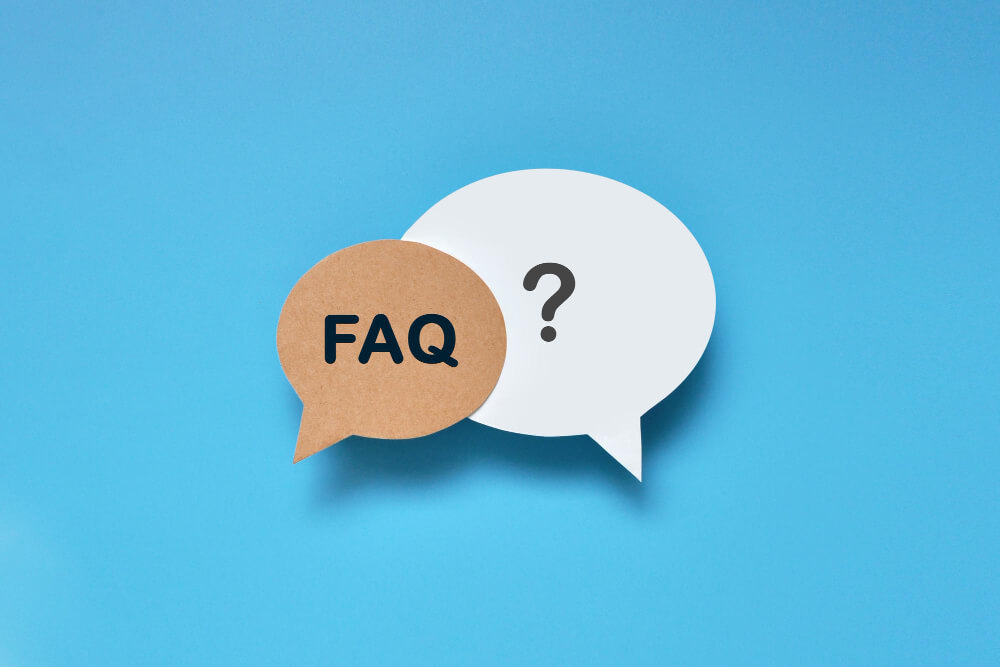Exploring the Intricacies: Is Forex Trading Halal or Not?
The world of Forex trading offers a tantalizing promise of financial growth and opportunities. With the global forex market running 24 hours a day and involving currencies from every corner of the globe, it’s no wonder that it attracts a vast pool of participants, including a significant number of Muslims. However, this brings us to an important question that resonates deeply within the Islamic community: Is Forex trading Halal or not? This article delves into the complexities of Forex trading through the lens of Islamic finance principles, aiming to provide a comprehensive understanding that respects the ethical, moral, and religious considerations of Muslim traders.
Understanding Forex Trading
Before diving into the religious implications, let’s first understand what Forex trading entails. Forex, short for foreign exchange, involves the trading of currencies against one another in pairs. The objective is straightforward – to profit from the fluctuation in exchange rates between two currencies. However, the Forex market is known for its high volatility, which can result in significant profits as well as substantial losses.
The Islamic Perspective on Trading
In Islam, financial transactions are governed by a set of principles designed to ensure fairness, transparency, and to prevent exploitation. The most relevant principles in the context of Forex trading are the prohibition of Riba (usury or interest), Gharar (excessive uncertainty), and Maysir (gambling). These principles are not just rules but are meant to promote social justice and prevent practices that could lead to unfair enrichment or exploitation.
Riba and Its Relevance to Forex Trading
The Concept of Riba
Riba, or interest, is strictly prohibited in Islam. The concern with Forex trading arises when traders participate in rollover interest, which is the interest paid or earned for holding a position overnight. This aspect of Forex trading can potentially classify it as Haram (forbidden) if it involves interest.
Avoiding Riba in Forex Trading
However, many Forex brokers offer “Islamic” or “swap-free” accounts that do not accrue interest, thus aligning more closely with Islamic finance principles. These accounts are designed to eliminate the concern of Riba, making Forex trading more accessible and permissible for Muslim traders.
Gharar and Forex Trading
The Uncertainty in Forex

Gharar refers to excessive uncertainty and ambiguity in transactions, which is discouraged in Islamic finance. The inherent volatility and unpredictability of the Forex market could be viewed as a form of Gharar. However, this perspective might oversimplify the nature of Forex trading, which relies on analysis, strategy, and an understanding of market dynamics rather than mere speculation.
Mitigating Gharar in Trading Practices
To mitigate the element of Gharar, Muslim traders are encouraged to educate themselves thoroughly, use risk management strategies, and avoid speculative trades that resemble gambling more than informed investing. This approach can help align Forex trading activities with Islamic principles by reducing uncertainty and speculation.
Maysir and the Question of Gambling
Forex Trading vs. Gambling
At first glance, the high risk associated with Forex trading might seem akin to gambling (Maysir), which is prohibited in Islam. However, the key difference lies in the trader’s intent and approach. Trading based on knowledge, analysis, and strategy differs fundamentally from gambling, which relies on luck and chance.
Strategic Trading over Gambling
By approaching Forex trading as a disciplined and strategic endeavor, traders can distinguish their activities from gambling. This involves thorough market research, continuous education, and the use of strategic planning rather than relying on speculative or high-risk trades without underlying knowledge.
Leverage and Its Implications

The Use of Leverage in Forex
Leverage is a double-edged sword in Forex trading. It allows traders to control large positions with a relatively small amount of capital, amplifying both profits and losses. The use of leverage must be approached with caution within the Islamic finance framework due to its potential to introduce excessive risk and debt.
Balancing Leverage with Islamic Principles
To ensure that the use of leverage does not conflict with Islamic principles, traders should use it judiciously and with full awareness of the risks involved. Opting for lower leverage ratios and avoiding over-leveraged positions can help maintain the balance between seeking profit and adhering to ethical trading practices.
Is Forex Trading Halal? A Conclusion
After exploring the various facets of Forex trading in the context of Islamic finance principles, it becomes clear that the answer is not black and white. Forex trading can be considered Halal if it avoids Riba, reduces Gharar to a reasonable level, steers clear of gambling-like practices, and uses leverage responsibly. By choosing brokers that offer Islamic trading accounts and adhering to ethical trading practices, Muslim traders can participate in Forex trading in alignment with their faith.
Final Thoughts
Forex trading presents both opportunities and challenges for Muslim traders. By navigating these with an understanding of Islamic finance principles and a commitment to ethical trading, it’s possible to engage in Forex trading in a manner that is both profitable and Halal. As with any form of investment, continuous learning, discipline, and a principled approach are key to success.
FAQs

1. Can Muslims use standard Forex trading accounts?
Muslims can use standard Forex trading accounts, but they should be cautious of overnight interest charges. Opting for an Islamic or swap-free account is a better alternative to avoid Riba.
2. Is it possible to trade Forex without leverage?
Yes, it is possible to trade Forex without using leverage. This approach significantly reduces risk and is more in line with conservative trading practices that avoid excessive debt.
3. How can I ensure my Forex trading is Halal?
To ensure your Forex trading is Halal, choose an Islamic trading account, avoid overnight interest, use leverage cautiously, educate yourself to reduce uncertainty, and trade based on analysis rather than speculation.
4. Do all brokers offer Islamic Forex trading accounts?
Not all brokers offer Islamic Forex trading accounts, but many do. It’s important to research and choose a reputable broker that understands and respects Islamic finance principles.
5. Can Forex trading be considered a form of investment under Islamic law?
Forex trading can be considered a form of investment under Islamic law if it adheres to the principles of avoiding Riba, minimizing Gharar, and steering clear of gambling practices. It should be approached with knowledge, strategy, and ethical considerations.




